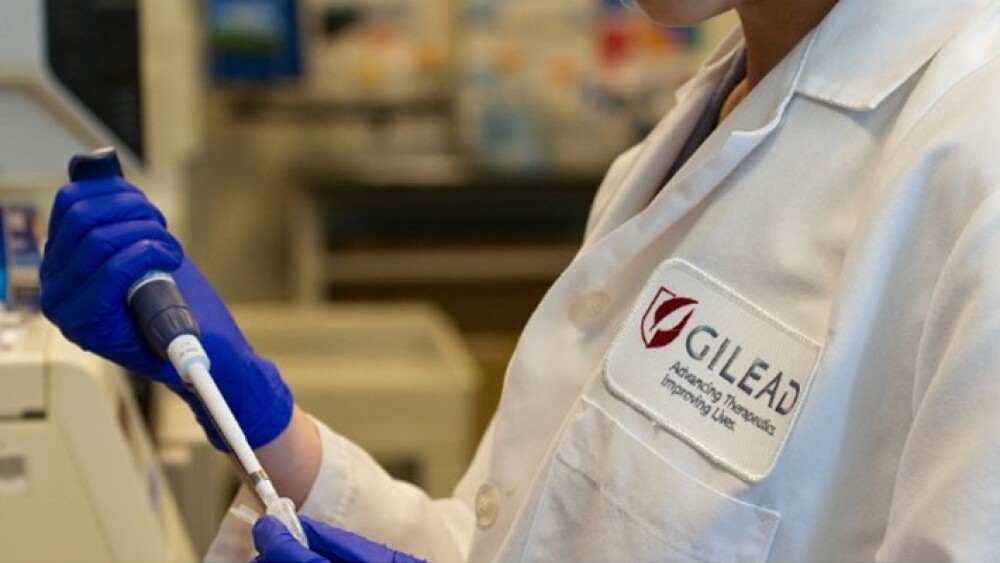December 16, 2016
By Alex Keown, BioSpace.com Breaking News Staff
FOSTER CITY, Calif. – Gilead is reeling this morning after a jury awarded rival company Merck $2.54 billion in a patent dispute over the blockbuster hepatitis C treatments Harvoni and Sovaldi.
The reward is the biggest patent infringement in U.S. history, according to reports. As a result, Merck will receive about 10 percent of Harvoni and Sovaldi’s sales—sales that totaled about $20 billion in 2015 alone, more than half of the company’s total revenue that year. Hepatitis C affects about 3.2 million Americans. Sovaldi can treat about 90 percent of those cases. Sovaldi and Harvoni, Gilead’s two hepatitis C drugs, generated $4.8 billion in revenue during the third quarter of 2015. However, Sovaldi’s sales fell 48 percent during the third quarter. The drug generated revenue of $1.47 billion.
It will certainly be some time before Merck sees a single penny from the award as Gilead will certainly appeal the decision.
Following the verdict, shares of Gilead sank nearly 2 percent. This morning the stock continues to decline and is currently trading at $74.48 per share. Shares of Merck, on the other hand, are slightly up, trading at $62.53.
The jury award is the latest in a long-running dispute between the two pharma companies over the roots of the hepatitis C drugs. Earlier this year, Merck was awarded $200 million in the patent fight, but a judge reversed that decision after it was found a Merck scientist falsified his testimony. Gilead has argued that the compounds for Sovaldi and Harvoni have their roots at Pharmasset Inc. , which Gilead acquired in 2011 for $11 billion.
The latest award though is a separate fight in the origins of the hepatitis C drugs. Gilead and Idenix have been sparring in the courts since 2013. Merck acquired Idenix in 2014, which meant it had an additional weapon against Gilead. Merck claims Gilead infringed on a hepatitis C patent owned by its subsidiary, Idenix. Merck’s lawyers argued that the compounds developed by the pharma giant were created before Gilead developed Sovaldi and Harvoni, which were approved in 2013 and 2014 respectively.
Gilead argued the Idenix patent was not valid as it “never adequately described what it claimed to have invented,” Bloomberg reported.
“We remain steadfast in our opinion that Idenix’s U.S. patent is invalid, and since they made no contribution and assumed none of the risk in the discovery and development of sofosbuvir and its metabolites, do not believe they are entitled to any level of damages,” Gilead said in a statement Thursday after the verdict was handed down, according to Bloomberg’s report.
The jury though, did not buy Gilead’s argument.
While Gilead has built its reputation on HCV drugs, the company is facing increased competition from other therapies developed by companies like AbbVie and Merck ad its recently approved HCV drug, Zepatier.
Zepatier was granted breakthrough therapy designation for the treatment of chronic HCV genotype 1 infection in patients with end stage renal disease on hemodialysis and for the treatment of chronic HCV genotype 4 infection. Breakthrough therapy designation is a program designed to expedite the development and review of drugs that are intended to treat a serious condition and preliminary clinical evidence indicates that the drug may demonstrate substantial improvement over available therapy on a clinically significant endpoint.





